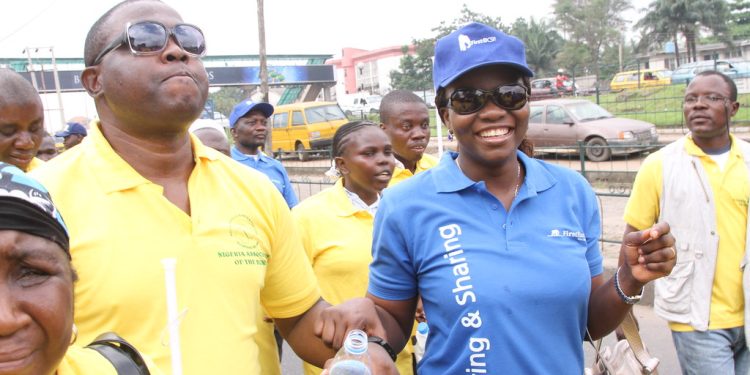The Centre for Infrastructural and Technological Advancement for the Blind (CITAB) has urged all levels of government in Nigeria to sincerely prioritize the concerns of the visually impaired community. This call was made in a statement by Mr. Jolomi Fenemigho, CITAB’s Executive Chairman, in celebration of International White Cane and Safety Day, observed annually on October 15.
Fenemigho emphasized the significance of the day for the blind community, describing the white cane as a powerful symbol of determination and strength. “White Cane and Safety Day is a time when we are at our strongest. We unite with a single voice, marching to be heard and seen by all,” he remarked.
He stressed the need for local, state, and federal governments to reflect on their progress and shortcomings in addressing the needs of visually impaired citizens, especially in terms of accessibility, education, and employment opportunities. Fenemigho noted that while some achievements had been made, significant gaps remain in policy enforcement and resource allocation.
Highlighting the poor condition of public infrastructures, he urged the government to adhere to accessibility standards mandated by the Discrimination Against Persons with Disabilities (Prohibition) Act of 2018. He also emphasized the need for better educational tools and qualified teachers for visually impaired students, urging collaboration with disability-focused organizations.
On employment, Fenemigho called for targeted recruitment into the civil service for disabled individuals, noting the challenges faced by visually impaired graduates in securing jobs.
As Nigeria marks this year’s White Cane and Safety Day, CITAB’s message is clear: it’s time for government authorities to move beyond token gestures and make the rights and needs of the visually impaired a national priority.

